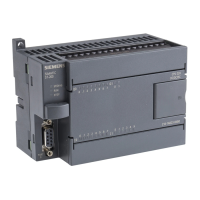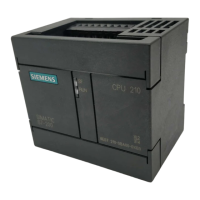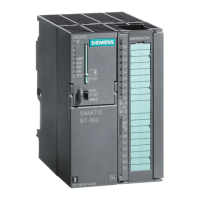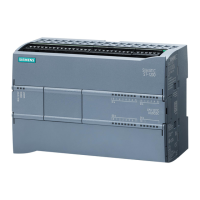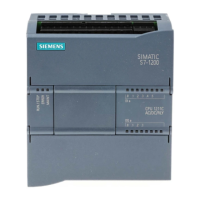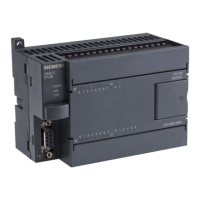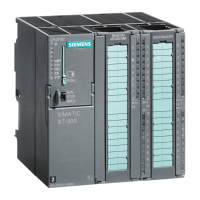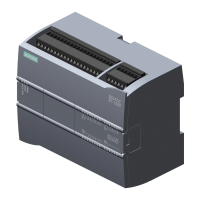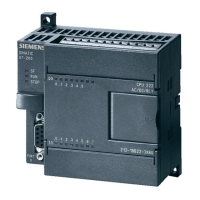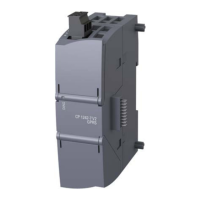Using the Keypad Designer to Create a Custom Faceplate for your Text Display (TD) Device
3.8 Saving the Keypad to a TD Configuration File
Text Display (TD) User Manual
58 System Manual, 08/2008, A5E00765548-03
Tip
When you design your faceplate, you can create the bitmap with any resolution. However,
the size of the background image for the TD device must exactly match the following
dimensions:
● For the TD 200C:
Width: 137 mm (+/- 0.15 mm) (5.42 inches)
Height: 65.7 mm (+/- 0.15 mm) (2.58 inches)
● For the TD 100C:
Width: 79 mm ((+/- 0.1 mm) (3.11 inches)
Height: 65.8 mm (+/- 0.1 mm) (2.59 inches)
● For the TD400C:
Width: 91.5 (+/- 0.1 mm) (3.6 inches)
Height: 163.5 (+/- 0.1mm) (6.44 inches)
If your faceplate design does not match these dimensions, the Keypad Designer alerts you
before importing the panel image. If you import a panel image with incorrect dimensions, the
Keypad Designer resizes your panel image, which could distort the appearance of your
faceplate design.
3.8 Saving the Keypad to a TD Configuration File
Saving the Keypad to a TD Configuration File
When you save the keypad, you create a TD configuration file (*.td1 for the TD 100C, *.td2
for the TD 200C, and *.td4 for the TD400C). This file contains the following information about
the buttons on the keypad:
● Number of buttons
● Location and sizes of the buttons
● Names of the buttons
● Functions assigned to the buttons
● Panel image (if one was imported)
Use the File > Save or File > Save As menu command to save the configuration of the
keypad.
The Text Display Wizard uses this information for configuring the TD 100C, TD 200C, or
TD400C. See Chapter 4 for more information.
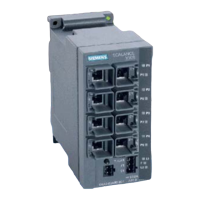
